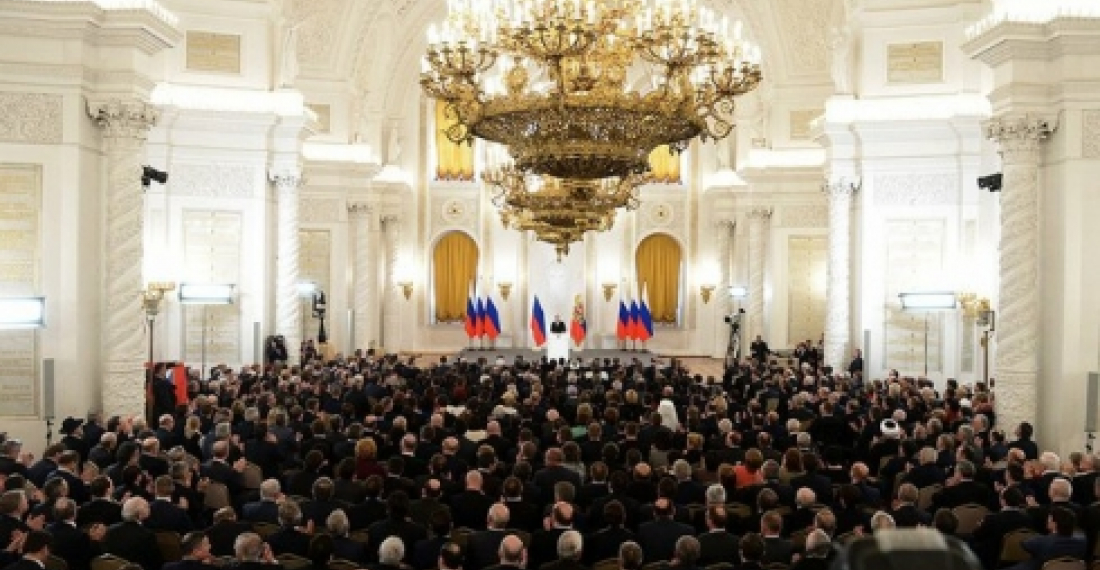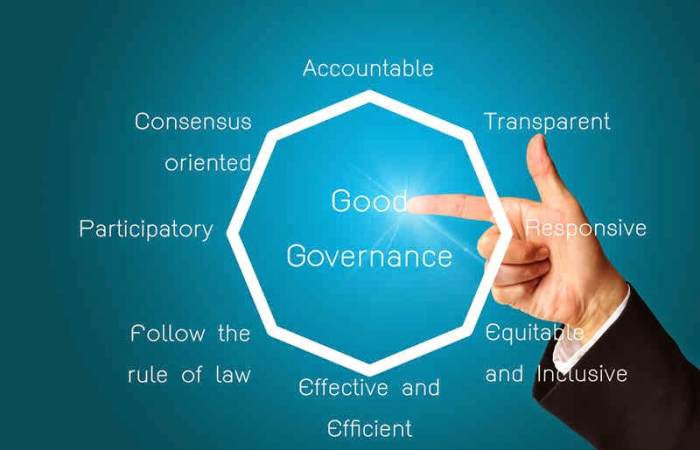Россия официально присоединила Крым в состав Российской Федерации после вчерашней вызывающей речи президента Путина перед обеими палатами российского парламента. Это комментарий подготовлен политическим редактором commonspace.eu
Мир этим утром проснулся с вызывающей и воиственной Россией, которая все еще празднует официальное присоединение Крымского полуострова в состав Российской Федерации. В настоящее время среди российской элиты царит триумфальное настроение, одно из тех, которое Европа не видела среди своих политиков на протяжении многих лет.
Аннексия Крыма состоялась после стремительного процесса на протяжении более трех недель, когда росскийские войска вошли на полуостров под надуманным предлогом и с грубым нарушением границ Украины - дружественной соседней страны.
Некоторые, даже на западе говорят, что, возможно, Крым всегда был русским и возвращается тем, кому он принадлежал. Они упускают важный момент. Россия до прошлого месяца не заявляла о намерениях присоединить Крым. После распада Советского Союза в 1991 году она признала Украину в границах Украинской ССР. И три великие державы гарантировали территориальную целостность Украины. Поэтому действия России не могут быть оправданы с исторической точки зрения.
Но дело вообще не в Крыме. Все дело в величии России. И речь идет не о Путине. Он точное отражение настроение российской политической элиты.
Западные лидеры в последнюю четверть века были неправильно поняты Россией. Они предложили России дружбу, но были снисходительны к ней. Россия никогда не была заинтересована в дружбе. Она была заинтересована в том, чтобы ее воспринимали как равного - на равне с Соединенными Штатами и их союзниками. Членство России в G8 - рассматривается на западе как уступка России, а не то, к чему Россия стремилась и стремится. Россия не видит себя на равных с Италией или Канадой. Россия заинтересована в G2, где Россия является равным и противовесом США и ее союзникам. Как ни странно, по крайней мере, на данный момент крымский кризис придает России такой статус.
Однако, из-за этой новой ситуации мир оказался в большой неопределенности и уйдут годы на то, чтобы вернуться к международному порядку.
Триумфальное настроение России, вероятно, будет недолгим. Россия сегодня не имеет ни идеологии, которая была при коммунизме, ни обособленной экономической системы, которая была бы изолирована от глобальных процессов. Она зависит от глобальных процессов, так же, как и любая другая страна. Ставка России на то, что международный фурор вокруг Крыма скоро будут поощрять, как только западные лидеры подробнее изучат данный вопрос. Россия же сможет укрепиться и подготовиться к ее следующему шагу. Этого не произойдет, просто потому, что ставки сейчас слишком высоки. Придется начинать процесс построения нового европейского и мирового порядка и он займет много времени. В то же время Россия потеряла дружбу с западными странами.Российская элита решила, что ее не заботит потеря дружеских отношений с западом, так как там ее уважают. Однако, на данный момент по отношению к Москве царит больше презрение со стороны остальной части мира, нежели уважение. Это действительно то, чего хочет российская элита?
источник: commonspace.eu
Триумф России не будет долгим. Российская элита ждет уважения от запада, но в итоге получает осуждение всего остального мира.
Триумф России не будет долгим. Российская элита ждет уважения от запада, но в итоге получает осуждение всего остального мира.






